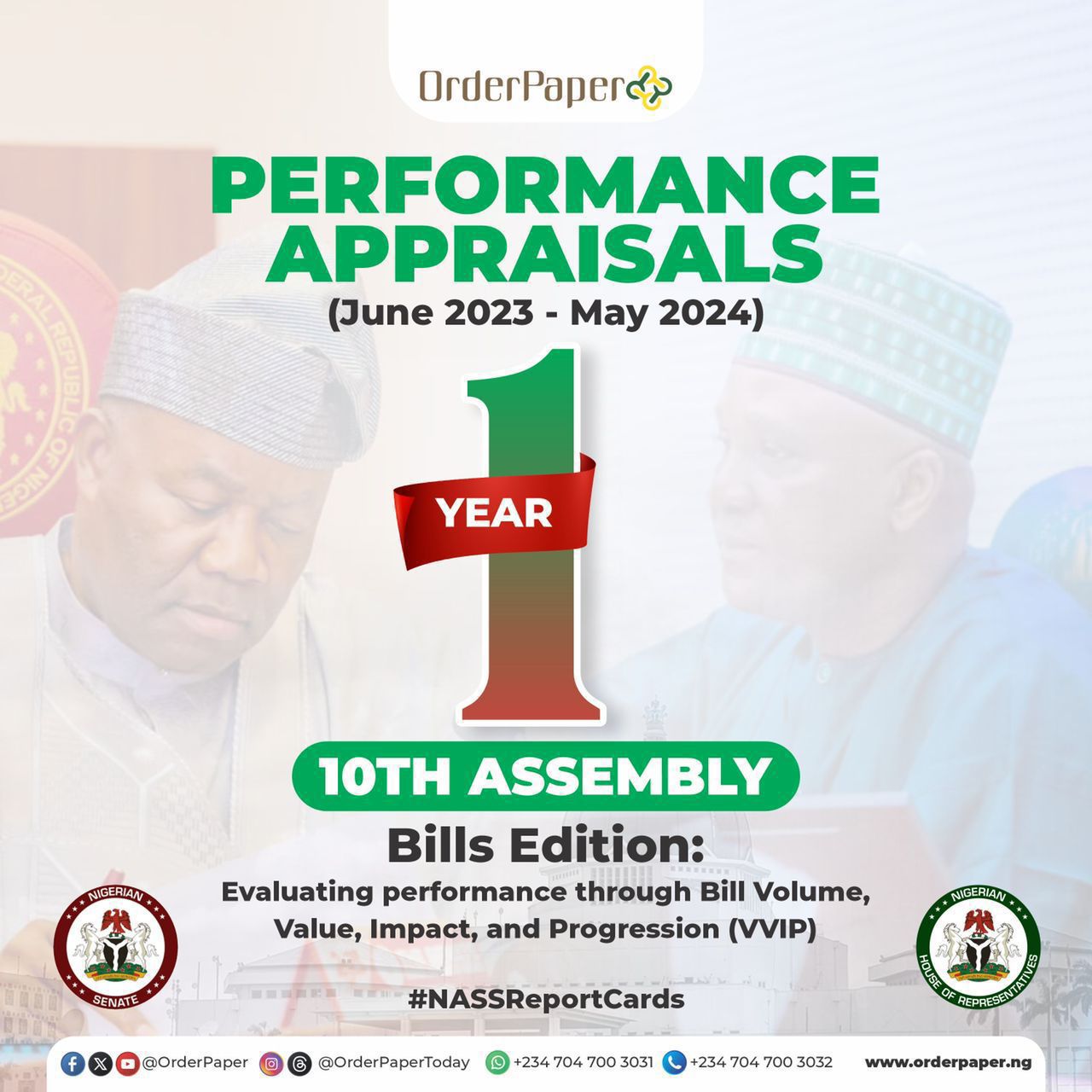News
Majority of 10th National Assembly Bills Recycled from Previous Sessions – Analysis



News
Ramadan: Speaker Abbas Urges Muslims To Pray For Peace, Prosperity of Nigeria

News
Just in: Ramadan begins today -Sultan declares

Fasting in the month of Ramadan, which is the ninth of the 12 Islamic calendar year, begins today, Saturday March 1, 2025, the Sultan of Sokoto and Leader of Muslim Ummah of Nigeria, Alhaji Muhammad Sa’ad Abubakar, declared on Friday.
The Sultan explained that his declaration followed verified and authenticated reports from various Muslim leaders across the country, which he said had been accepted.
The Sultan said: “Today, Friday, 28th February, 2025, brings us to the end of Sha’ban. Reports of positive sighting of the new crescent of Ramadan were brought to us by various leaders across the country. We have verified and have authenticated such reports and have duly accepted such reports.
“Therefore, tomorrow, 1st March, 2025, makes it 1st Ramadan 1446 After Hijrah,” the Sultan said.
He, therefore, called on Muslims in the country to commence the fasting while also urging them to pray for leaders to enable them to lead the nation and its people well.
He seized the opportunity of the announcement to enjoin well-to-do Muslims to reach out and give to the less privileged or needy during the period.
News
NAFDAC paints popular Indian company black over alleged sale of harmful

The National Agency for Food and Drug Administration and Control (NAFDAC) says it has blacklisted Aveo Pharmaceuticals Pt Limited, an Indian company, over the illegal production and exportation of dangerous opioid combinations into West Africa, including Nigeria.
Opioids are a class of drugs that work in the brain to produce a variety of effects, including pain relief.
Opioid drugs include prescription pain medicine and illegal drugs.
In a statement on Friday, NAFDAC said investigations revealed that the company, managed by Vinod Sharma on the outskirts of Mumbai in India, is responsible for manufacturing and distributing Tafrodol and Royal 225 drugs containing a harmful mix of tapentadol and carisoprodol.
Tapentadol is a powerful opioid, and carisoprodol is a banned muscle relaxant.
The agency said the substances pose severe health risks such as respiratory failure, seizures, overdose, and death to users.
“A BBC World Service investigation exposed how packets of these drugs, branded with the Aveo Pharmaceuticals logo, have been found on the streets of Nigeria, Ghana, and Côte d’Ivoire,” the statement reads.
“Further evidence confirmed that Aveo Pharmaceuticals is also involved in the illegal exportation of high-dose tramadol above 100 mg, a strength not registered or approved by NAFDAC.
“Undercover footage captured Vinod Sharma admitting to the mass distribution of these opioids for abuse as street drugs across West Africa.
“Given the severity of these findings, NAFDAC has taken decisive action to blacklist Aveo Pharmaceuticals and block any future registration of its products in Nigeria.”
NAFDAC said it is committed to protecting public health by enforcing international best practices in pharmaceutical regulation, including stringent product registration, good manufacturing practice (GMP) inspections, post-marketing surveillance, and pre-shipment inspections for high-risk imports.
The agency said it has intensified enforcement operations against illicit pharmaceuticals in major drug distribution hubs across the country.
NAFDAC urged the public to avoid unregistered medicines and only use prescription drugs dispensed by licensed healthcare professionals.
“With continued vigilance and public support, NAFDAC will persist in its fight against the circulation of fake, substandard, and dangerous pharmaceuticals in Nigeria,” the agency said.
-

 News22 hours ago
News22 hours agoBREAKING! Wike breaks silence on S/Court verdict, says it has ended era of lawlessness
-

 News24 hours ago
News24 hours agoSanwo-Olu Commits To Creating Tangible Economic Growth
-

 News21 hours ago
News21 hours agoUpdated : Supreme Court fires all Rivers LG Chairmen
-

 News20 hours ago
News20 hours agoJust in: Saudi Arabia sights Ramadan moon fasting begins tomorrow
-

 News22 hours ago
News22 hours agoBreaking: Authentic Rivers Assembly Speaker, Amaewhule asks IGP to seal all LGAs secretariats
-

 News21 hours ago
News21 hours agoObasanjo, 7 ex-presidents work towards debt relief for African countries
-

 News21 hours ago
News21 hours agoHow driver handed abducted Oyo NYSC member to k!dnappers
-

 News22 hours ago
News22 hours agoBREAKING: Finally , 2 weeks after, Tinubu signs N54.9trn 2025 budget







